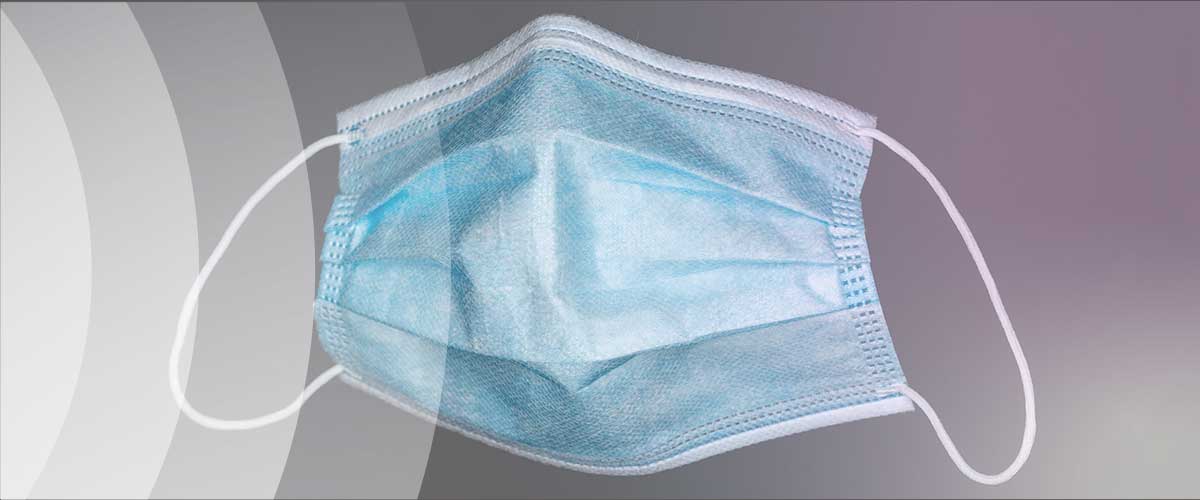
The Delhi Epidemic Diseases, COVID-19 Regulations, 2020
On 12th March 2020, the Lt. Governor of Delhi in exercise of powers conferred under The Epidemic Diseases Act, 1897 issued The Delhi Epidemic Diseases, COVID-19 Regulations, 2020 (‘Regulations’). The Regulations have been notified in the wake of the outburst of the virus (with 81 confirmed cases at the time of writing of this release and the World Health Organisation classifying the virus as a Pandemic).
The Regulations are an attempt to curb both, the outbreak of the disease as well as the paranoia surrounding it. Under the Regulations, all hospitals (Government as well as private) are required to have a Flu corner for screening of suspected cases. The hospital is required to ascertain travel history of the person and interaction with a suspected or confirmed case. If a person has travelled to such an area in the last 14 days and is asymptomatic then he/she must be kept in home quarantine for 14 days from the day of exposure and if such a person is symptomatic, then must be isolated in the hospital and tested for COVID-19 as per protocol.
A person who has had a travel history in the last 14 days from an affected area and has developed any symptoms, he is required to contact the State/District control rooms. The Regulations further provide that even if the person does not have symptoms, he/she should isolate himself/herself and avoid human contact for a period of 14 days from the date of arrival.
The Secretary (Health & FW), Director General Health Services, at State and District Magistrate, Chief District Medical Officer, Sub Divisional Magistrate and District Surveillance Officer in the districts and officers as authorised by Department of Health & Facility Welfare Department, Govt of NCT of Delhi are authorised by the Regulations to admit and isolate a person in case he/she has a history of visit to an area where the virus is endemic and the person is symptomatic. Further, if a Surveillance Personnel has reasons, cause or information to suspect or believe that any person could be infected by the virus and his/her presence is hazardous to public safety, he may enter any premises and conduct such surveillance/ inquiry /inspection /examination as he thinks fit. If upon such inquiry/examination/ inspection, the Surveillance Personnel has reason to believe or suspect that a person could be infected, he may direct/arrange for such person to be put in home quarantine or in a ‘Institutional Quarantine Facility’/‘Isolation Facility’.
If any owner or occupier of any premises or any individual suspected/confirmed with COVID-19 refuses to take any measures for prevention or treatment or refuse to cooperate with, render assistance or comply with the directions of the Surveillance Personnel, appropriate orders may be passed under Section 133 of the Code of Criminal Procedure, 1973. Further, any violation of the Regulations attracts the provisions of Section 188 of the Indian Penal Code, 1860.
Lastly, in order to curb the widespread paranoia surrounding the virus, a person/institution/organisation cannot use any print or electronic media for information regarding COVID-19 without the prior permission of the Department of Health & Family Welfare, Govt. of NCT of Delhi.




